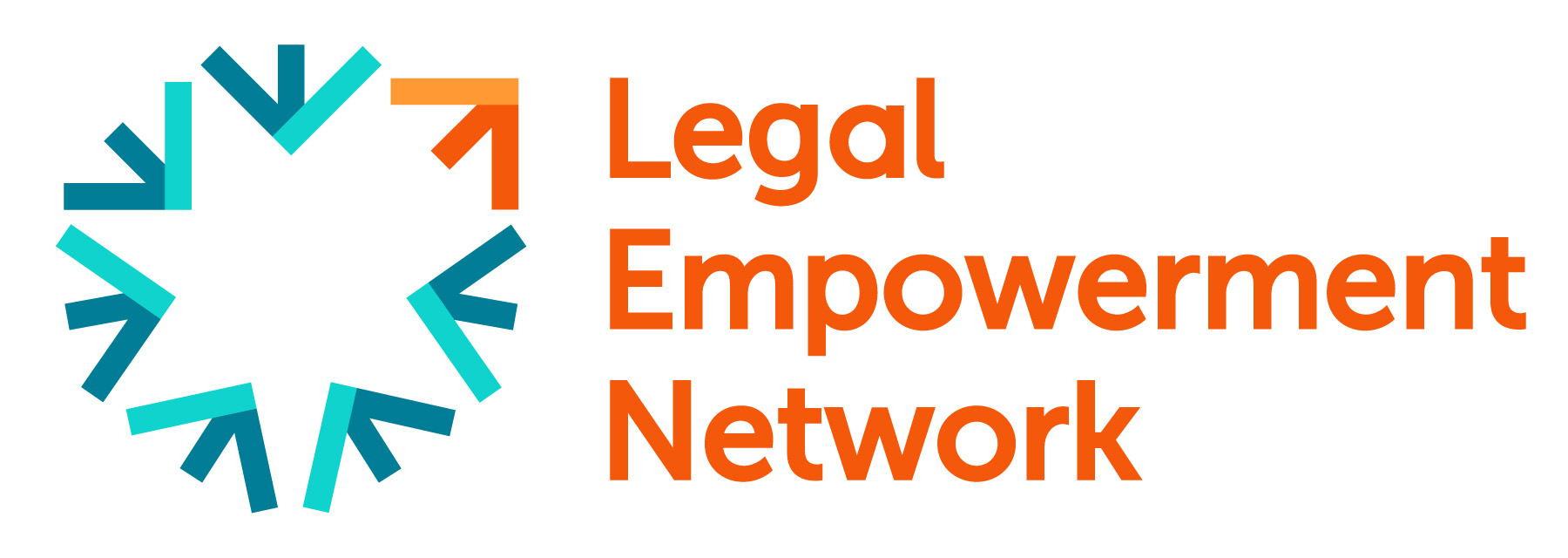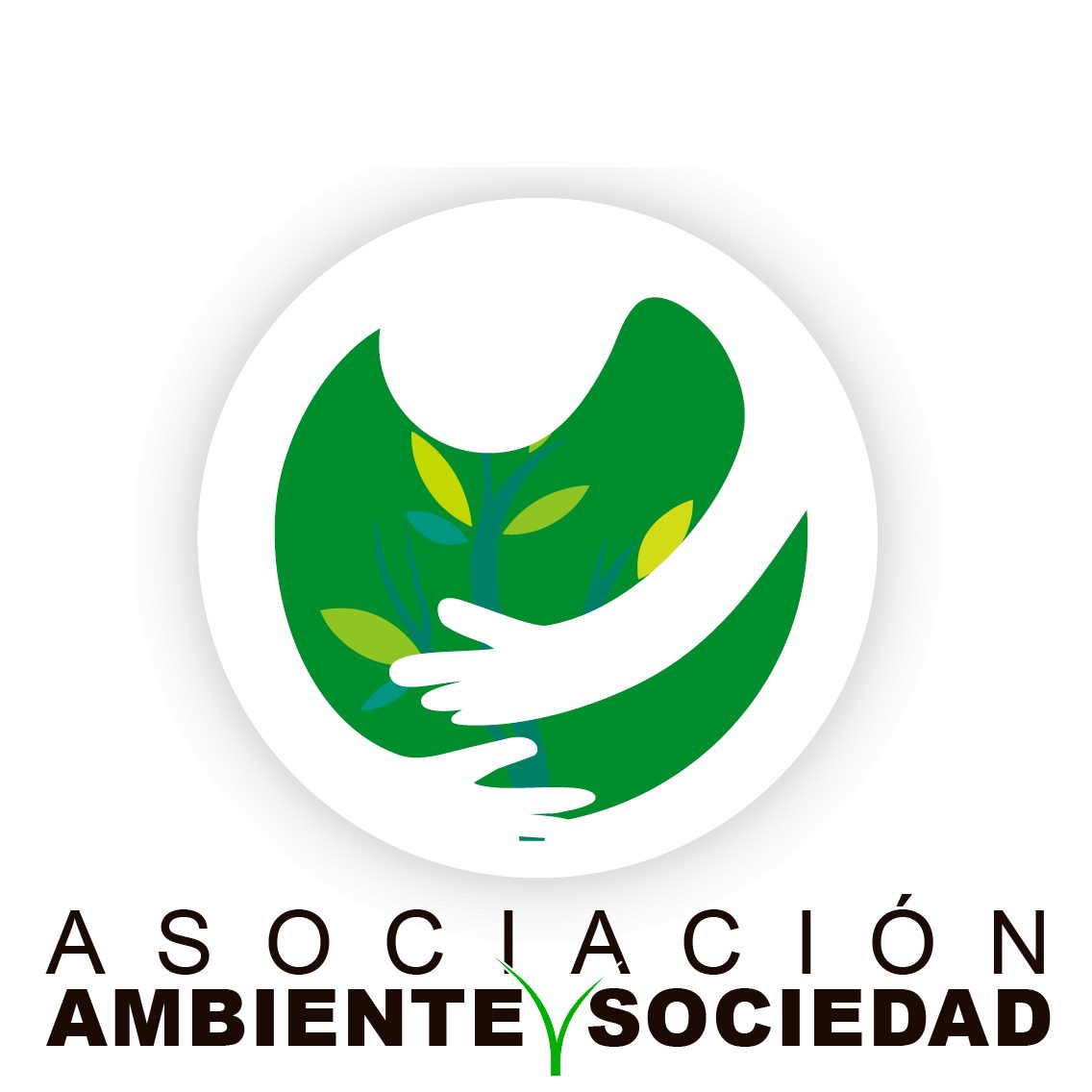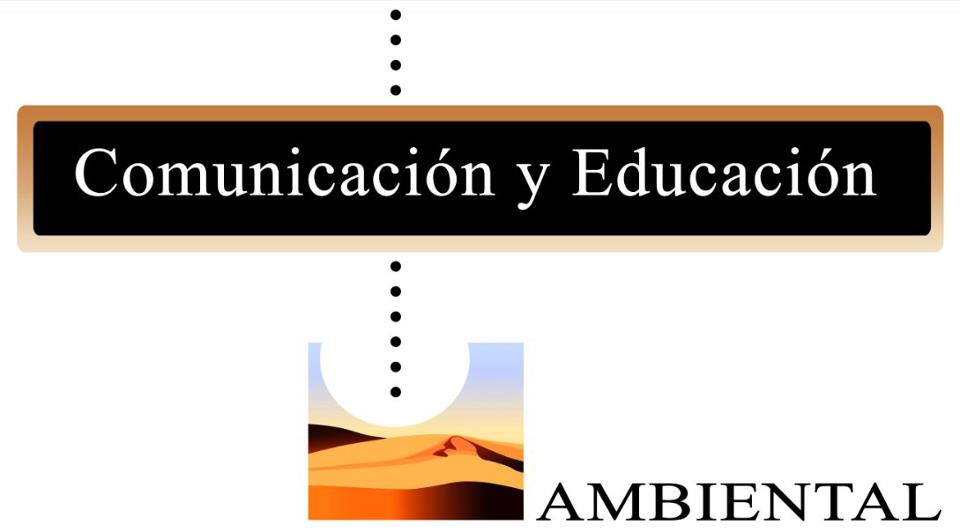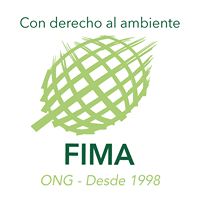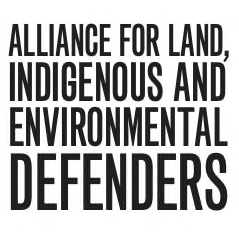Online Course
Strategies and tools for environmental defenders for the implementation of the Escazú Agreement
September – October 2021
Organizers: The Access Initiative Latin America, the Legal Empowerment Network, NAMATI, Derecho Ambiente y Recursos Naturales (DAR), Ambiente y Sociedad, Comunicación y Educación Ambiental, ONG FIMA, and the Alliance for Land, Indigenous and Environmental Defenders.
Coordinators: Gabriela Burdiles, Aída Gamboa, Olimpia Castillo, Danielle Andrade, Andrea Sanhueza, Luciana Bercovich.
When: September 2 – October 7, 2021. 6 sessions of 90 minutes: Thursdays September 2, 9, 16, 23, 30 and October 7 at 2pm GMT (click here to check the time in your country).
Required dedication: 3 hours per week. A weekly 90 minutes session (1.5 hours) and 1.5 weekly hours of work besides the session.
Cost: Free of charge, limited places.
Deadline to register: August 9, at 23:59 GMT.
Presentation
On 22 April, the Regional Agreement on Access to Information, Public Participation and Justice in Environmental Matters in Latin America and the Caribbean, better known as the Escazú Agreement, the first environmental treaty in the region and the first in the world to contain specific provisions on human rights defenders in environmental matters, entered into force.
It is estimated that the First Conference of the parties of the Escazú Agreement will take place in the first semester of 2022.
The Escazú Agreement seeks to ensure that all people have access to timely and reliable information, can effectively participate in decisions that affect their lives and their environment, and have access to justice in environmental matters, thus contributing to the fulfilment of the 2030 Agenda and the Sustainable Development Goals (SDGs). Today the Agreement has been ratified by 12 countries in Latin America and the Caribbean.
In this context, the Escazú Agreement offers a historic opportunity to advance in the fulfilment and deepening of environmental democracy in our region. However, for the Agreement to be effective, it is essential that it becomes a living tool, known by all people, and that both the institutional mechanisms it contemplates, as well as the national policies aimed at its implementation, have broad citizen participation, especially of those vulnerable communities who suffer the greatest environmental injustices, such as criminalisation and threats to their lives and integrity.
About the course
The course is aimed at environmental advocates from across Latin America and the Caribbean who aspire to use the Escazú Agreement as a tool to achieve the effective implementation of the rights of access to information, participation and justice in environmental matters in their countries and communities.
It will address the general aspects of the Agreement, its origin and institutional mechanisms, as well as the content of each of the rights and obligations it regulates. The obligations regarding the protection of environmental and land defenders will also be analysed. In each session, we will discuss the gaps that exist in each country to achieve the full implementation of these provisions and learn about good practices and examples in the region that can be used to design collective advocacy strategies for its adequate implementation at the national level.
Course objectives
- To ensure understanding of the provisions of the Escazú Agreement and the standards set for each of the access rights (with special emphasis in those issues raised by participants in the registration form), and its relation to the 169 Convention.
- To ensure that participants understand how to participate in the mechanisms provided by the Escazú Agreement and know the elements that will be decided in the first COP such as the Procedure Rules and the Public Participation Modalities.
- To identify with participants the challenges that they face in the recognition and implementation of access rights in their countries and the main gaps at the national level for the implementation of the Agreement.
- To identify the capacities that need to be strengthened or built in community-based organisations to achieve effective implementation of the Agreement.
- To organize advocacy actions at the national and regional level to address existing gaps and move forward with needed reforms.
Methodology
The methodology of the sessions will include short presentations and exercises. In addition, all sessions will include a working exercise per country on existing gaps and how to address them.
The course will be held in English, Spanish and Portuguese according to the participants’ needs.
Content
- Session 1: The Escazú Agreement: origin, scope, contents, institutionality, subsidiary bodies, current status and next steps
- Session 2: Right to Access Environmental Information
- Session 3: Right to Citizen Participation
- Session 4: Access to Justice in Environmental Matters
- Session 5: Measures to Protect Environmental Defenders
- Session 6: Defining Advocacy Actions at the Regional and National Level



